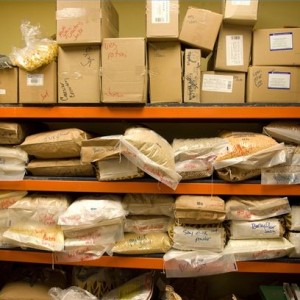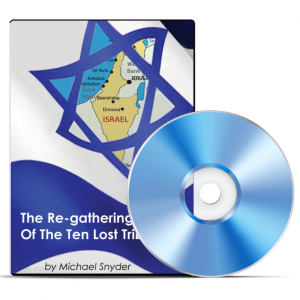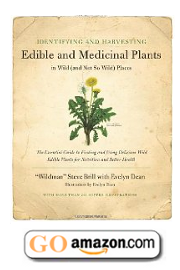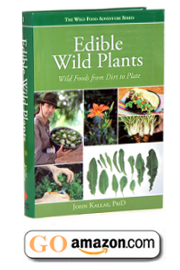 Living in an increasingly complex and dangerous world, many people are looking into creating an emergency food supply. Actually, in the United States, since the 9/11 catastrophe and Katrina hurricane, the federal government has renewed emergency preparedness training that includes what you need to stockpile in case of such an event. Both the Federal Emergency Management Agency [FEMA] and the Department of Homeland Security [DHS] suggest that American citizens have food and water, among other staples, stored for emergencies.
Living in an increasingly complex and dangerous world, many people are looking into creating an emergency food supply. Actually, in the United States, since the 9/11 catastrophe and Katrina hurricane, the federal government has renewed emergency preparedness training that includes what you need to stockpile in case of such an event. Both the Federal Emergency Management Agency [FEMA] and the Department of Homeland Security [DHS] suggest that American citizens have food and water, among other staples, stored for emergencies.
But in looking at the stockpiling of food more closely, it is actually a great financial management tool as well. Storing food allows you to purchase non-perishables in bulk where you can get better prices.
Here are some ideas for bulk purchases that are a good value.
Membership Clubs
The problem with membership clubs like Costco or Sam’s Club is the unit size of most items. Large quantities turn into an obstacle when most of the item will be stored. Today’s smaller sized families can’t usually use 25 pounds of rice, but if five pounds are carved out for the week’s meals, then the remaining 20 pounds can be stored in air-tight containers.
Staples like rice, potatoes and other root vegetables, pasta, and grains come in large sacks at rock-bottom prices. You can also get a large number of cans of meat, fish, and vegetables sold in one lot.
Membership clubs make their money on membership fees and work to keep prices low for members. There are no frills, and in most cases you have to bring your own bags, but prices are excellent if you need large quantities.
CSAs
If you have the cash flow, Community Supported Agriculture [CSA] is a great way to get lots of local, fresh fruits and veggies for canning. The concept is that members buy a share of a farm’s crop for the coming season for a predetermined amount. You get a box or bags of produce each week of the harvest, and the farmer has the cash flow by pre-selling his produce.
You take a chance on production that year, but most CSAs yield far more than most households can use. You can also check on the farm or small business reputation to be sure that the CSA has been producing at least what they promise.
A CSA might also include herbs and flowers, but most likely will be rich in the varieties of fruits and veggies that do well in your geographic area. Many CSAs are organic or even biodynamic, ensuring a healthy food supply as well. Alternately, you can always befriend someone with a garden or grow your own. Gardens always seem to have lots of extras and putting up produce is easy and economical.
Form a Co-op
The problem with buying in bulk from a distance is the high cost of shipping. If you can find like-minded neighbors, forming a co-op ensures you can get wholesale pricing plus either reduced shipping or at the least you share the shipping expense with everyone in the group. Large wholesalers have regional distribution centers, so you most likely would be receiving goods from a reasonable distance. Members rotate the tasks of managing the co-op, and it’s a good way to form a network for emergencies.
Stockpiling food has a number of inherent advantages. But with a little effort, you can also save money in the process making it an even more worthwhile endeavor for your household.
Sarah Boisvert writes on a wide range of topics from organic farming to cooking and business management to new technologies. She has been a CSA member and was forced to develop new recipes for an overabundance of Swiss chard.










